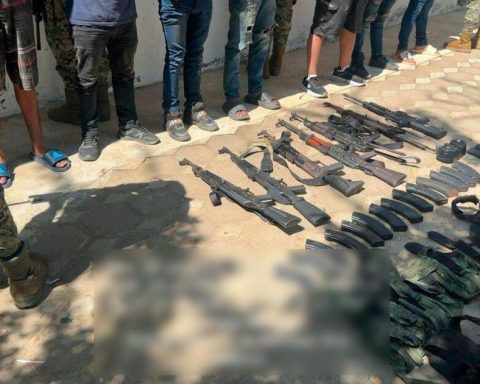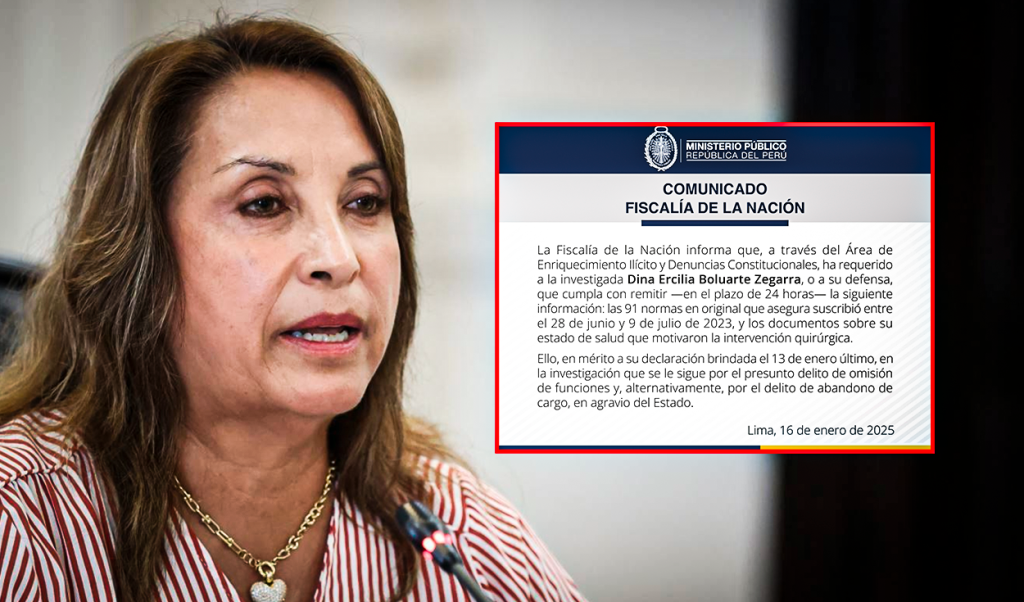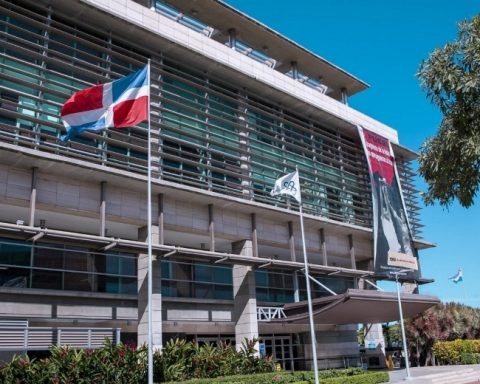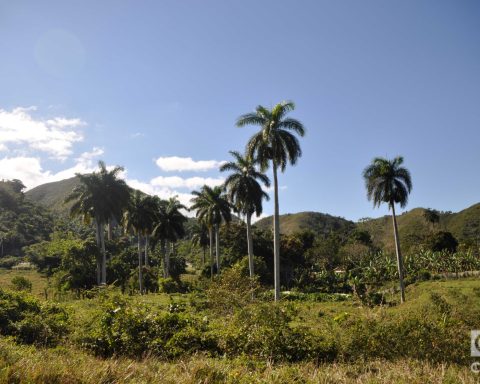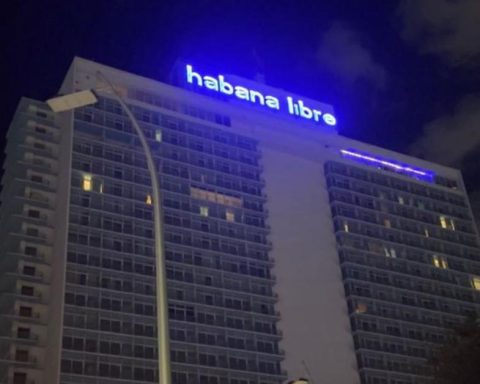The historical conflict between Israel and Palestine
The conflict has roots in the early decades of the 20th century, when tensions between Jews and Palestinian Arabs began to escalate in territory administered by the Ottoman Empire and, later, the United Kingdom. In 1947, the United Nations proposed dividing the region into two states: one Jewish and one Arab. Israel accepted the plan, while Arab leaders rejected it. This led to a war in 1948, which culminated in the establishment of the State of Israel and the mass displacement of Palestinians.
Since then, tensions have not ceased. The Israeli occupation of the West Bank and Gaza Strip, the Palestinian struggle for independence, and ongoing wars have perpetuated violence. Despite numerous attempts at negotiation, peace agreements have proven fragile, and mutual resentment continues to fuel the conflict.
The rise of Hamas
Hamas, an acronym for “Islamic Resistance Movement,” was born in 1987 during the First Intifada, a Palestinian uprising against the Israeli occupation. This group presented itself as an alternative to the Palestine Liberation Organization (PLO), adopting a more radical stance against Israel.
Although Hamas has a political wing that governs the Gaza Strip, its armed wing is known for its rocket attacks and suicide bombings, actions that have drawn international condemnation and justified Israel’s harsh responses. For some Palestinians, Hamas represents resistance; For others, it perpetuates a cycle of violence that only brings more suffering.
Israel and the biblical story of Ishmael
The conflict also has a symbolic background that some interpret from religion. In the Bible, Ishmael, son of Abraham and Hagar, is considered the ancestor of the Arabs, while Isaac, son of Abraham and Sarah, is seen as the progenitor of the Jews. This story has been used to figuratively justify the tensions between both communities. However, the modern conflict has political and territorial roots that go beyond religious interpretations.
The importance of the ceasefire
After 15 months of devastating fighting, the recent ceasefire is a ray of hope for Israelis and Palestinians and the entire world. The figures are alarming: thousands of dead, including civilians and children, and millions of people displaced or affected by the constant bombings.
Peace in this region is vital for humanitarian reasons, as well as for global stability. The Middle East is a strategic region for the global economy and, in an interconnected world, the conflict in this area has economic, social and political repercussions that affect us all.
The agreements reached
The UN-Egyptian mediated ceasefire includes key agreements:
1. Israel: Halt settlement expansion in the West Bank and relax the blockade on Gaza to allow in humanitarian aid and basic supplies.
2. Hamas: End rocket attacks and ‘de-escalate’ their violent rhetoric against Israel.
3. Future negotiations: Both parties agreed to sit down again at the dialogue table with the aim of achieving a lasting solution to the conflict.
These agreements do not represent the end of the problem, but they are a significant step towards building trust and seeking a future without violence.
The world must celebrate peace
In a global context marked by divisions and conflict, the news of a ceasefire between Israel and Palestine is a reminder that even the most deep-rooted disputes can find paths towards reconciliation.
Peace should be celebrated, as the absence of war, and as an example of what can be achieved through dialogue and mediation. It is a triumph for those who, despite their wounds, choose understanding instead of confrontation.
The agreement between these nations benefits the parties involved and sends a message of hope to the world. Future generations need examples that it is possible to overcome hatred and intolerance. These advances inspire other regions in conflict to seek solutions through mutual understanding.

